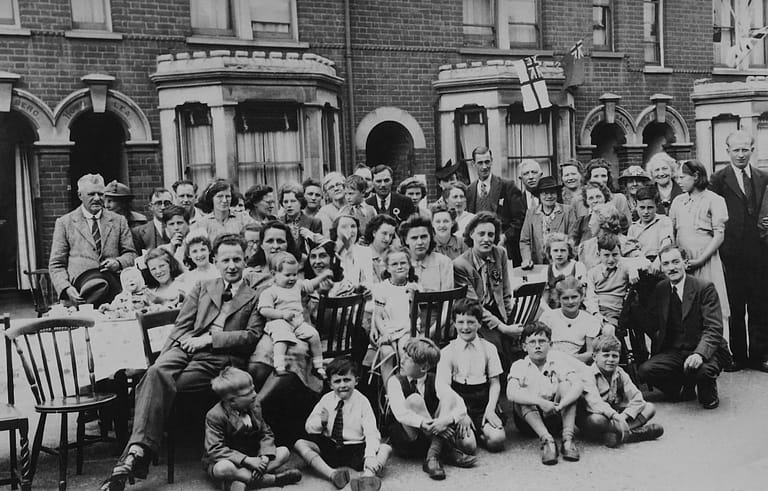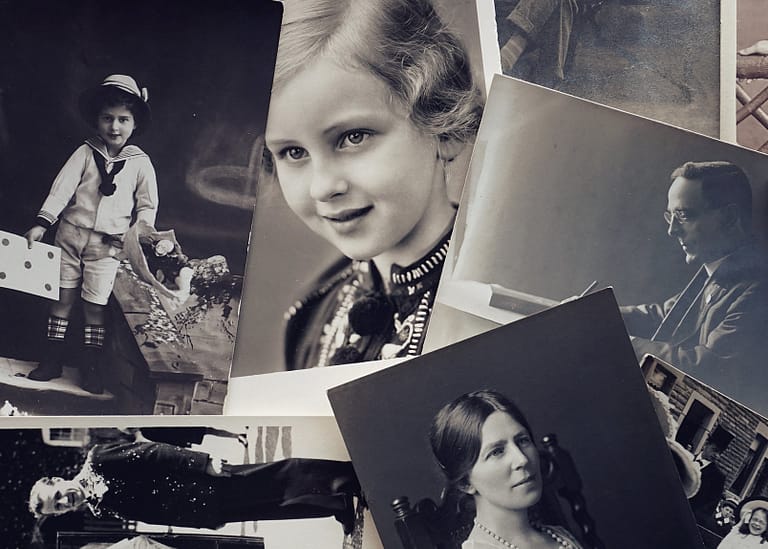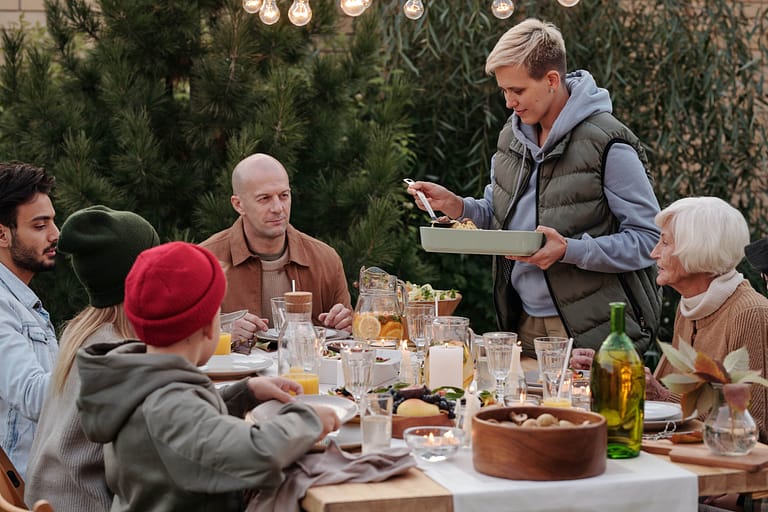How Well Do You Really Know Your Family? Take This DYK Test
For many, family is everything. Cultures from all over the world prioritise the love, dedication and honouring of family above all else; and for good reason. Our families are often our first – well, everything. Our first loves; guardians; social group; vehicles for learning and behaviour; and the first storytellers we ever interact with.
Despite their crucial role in our lives and the development of our identities, very few of us really aware of our family’s history, and the individual stories and experiences of its members.
We have deep and unconditional love for them, but how many of us know much about our grandparents lives, before being our grandparents? (And that’s only two generations…)
As mentioned in previous posts, we’re living in an age of ancestral disconnection. We want to change that.

The Benefits Of Knowing Your Family’s Narratives
It’s not just for the sake of knowing that we place so much emphasis on having those conversations and learning about our family’s lives.
First and foremost, by doing so you will avoid the regret that so many of us feel when the opportunity to learn about our relatives, in their own words, is no longer available. Time and time again we have users tell us ‘I wish I’d taken the time to save my parents’ stories while they were still around.’
While that can be a real driving force in providing your descendants with your own stories and experiences, it’s a terribly sad thing to live with.

But aside from that, there’s some great – and scientifically proven – benefits to being aware of your family’s history and experiences. Researchers Dr Robyn Fivush and Dr Marshall Duke discovered that young people with knowledge of their family’s history have a stronger sense of self-identity; that these narratives ground us while we develop our own.
They also displayed stronger emotional resilience compared to those who weren’t aware of their family’s narratives, as well as a higher sense of self-esteem – leading to a lower chance of developing symptoms typical of depression later in life – and an overall better educational performance.
So, how well do you know your family? Let’s find out.
Test Your Knowledge
Based on the tests produced and used by Dr Fivush and Dr Duke in their research, these questions will help to reveal just how well you know your family’s lives. If you’re surprised by the results, it might be time to start having those conversations…
- Do you know how your parents met?
- Do you know where your mother grew up?
- Do you know where your father grew up?
- Do you know where some of your grandparents grew up?
- Do you know where some of your grandparents met?
- Do you know where your parents were married?
- Do you know what went on when you were being born?
- Do you know the source of your name?
- Do you know some things about what happened when your brothers or sisters were being born?
- Do you know which person in your family you look most like?
- Do you know which person in the family you act most like?
- Do you know some of the illnesses and injuries that your parents experienced when they were younger?
- Do you know some of the lessons that your parents learned from good or bad experiences?
- Do you know some things that happened to your mum or dad when they were in school?
- Do you know the national background of your family (such as English, German, Russian, etc)?
- Do you know some of the jobs that your parents had when they were young?
- Do you know some awards that your parents received when they were young?
- Do you know the names of the schools that your mum or dad went to?
- Do you know what jobs your grandparents had when they were younger?
- Do you know stories about your great-grandparents?
Do You Really Know Your Family?
How did you do? Are you satisfied with the results? Now, of course, this test is not the be all and end all, and is in no way used to insinuate you’re not an active member of your family or that you don’t care. What it will do though, is allow you to grasp how much (or little) you really know.

Whether you had all the answers, or none of them, take this as your chance to build something special for you and your family.
With Iternal, you can save the history, memories and experiences of your family members in one place with your very own Iternal Group. With unlimited storage and the ability to share one dedicated space with as many members as you’d like, there couldn’t be a more perfect place to build your family’s archive – for the past, present and future!
As always, be sure to check out our blog space every week for brand new content.




